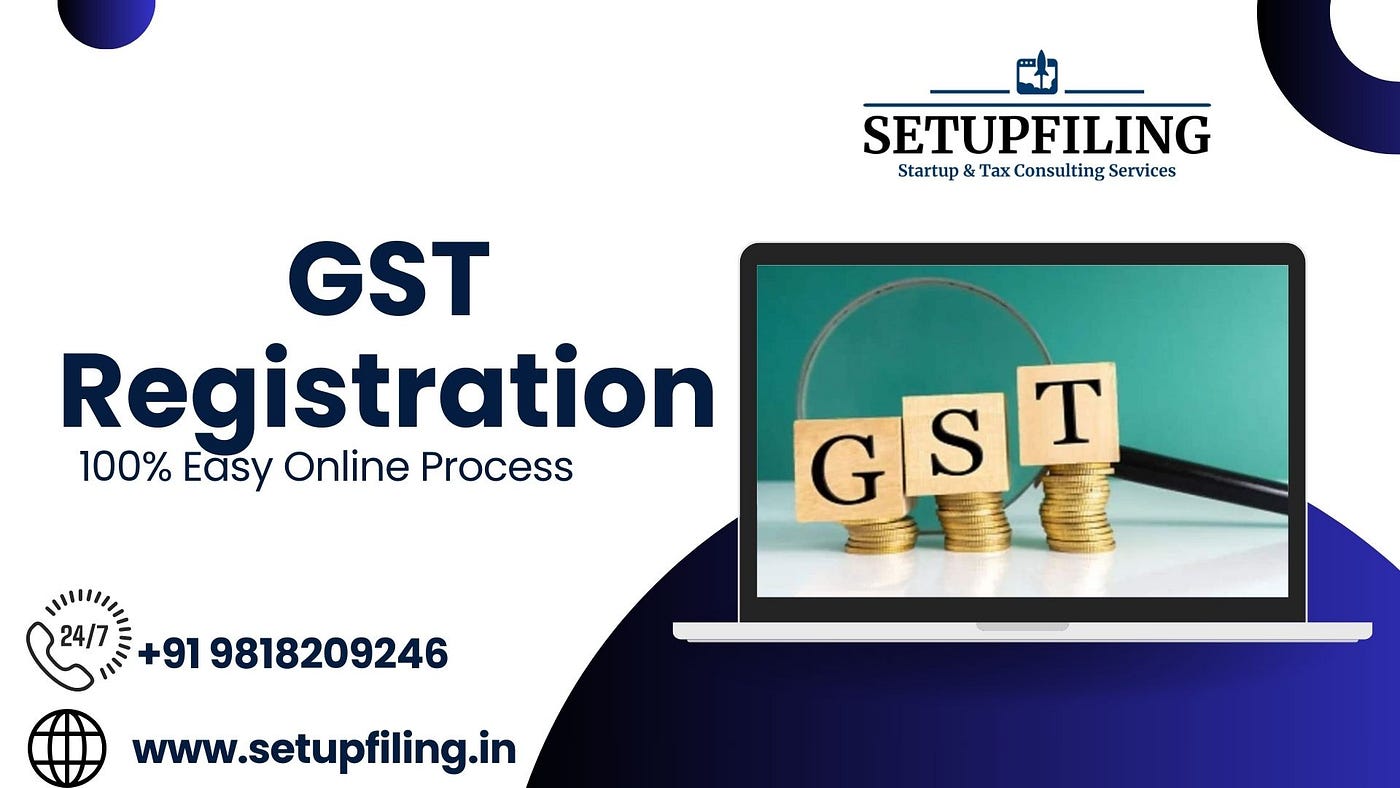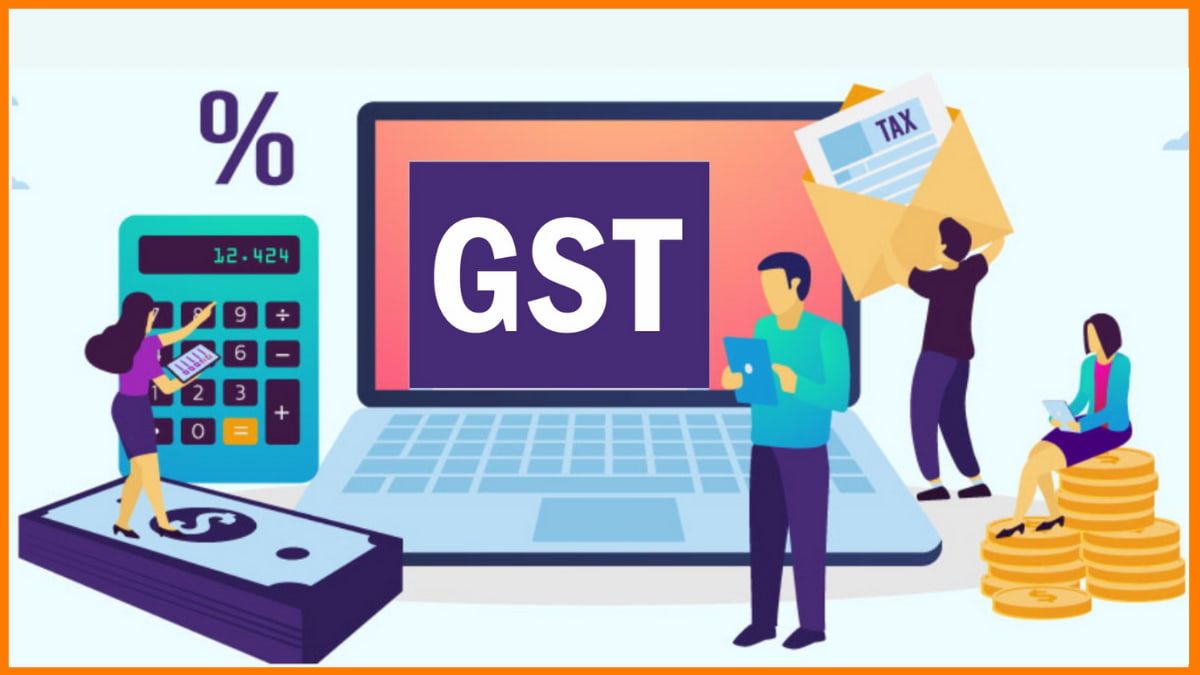Singapore GST Registration: What You Required to Know Before Applying
Singapore GST Registration: What You Required to Know Before Applying
Blog Article
The Ultimate Guide to Streamlining the GST Registration Refine and Needs for Local Business Owners

Recognizing GST Fundamentals
To understand the fundamentals of the Product and Solutions Tax (GST) system, tiny company proprietors need to first comprehend its underlying principles and effects. Under the GST regimen, businesses are needed to collect and sign up tax obligation on behalf of the government, making sure transparency and conformity.
Among the vital concepts of GST is input tax obligation credit rating, which enables businesses to assert credit history for taxes paid on their purchases. This mechanism stops the plunging result of tax obligations and promotes performance in the tax obligation system. Additionally, GST is a destination-based tax obligation, meaning that the tax is levied at the point of usage as opposed to the point of beginning. This makes sure reasonable circulation of tax obligation profits amongst states based upon where the services or products are consumed. Understanding these basic concepts is critical for small company proprietors to navigate the complexities of the GST system and ensure compliance with the legislation.
Eligibility Criteria for Registration
Having established a foundational understanding of GST concepts, local business owners must currently fulfill particular qualification criteria to wage the registration procedure. In India, entities participated in the supply of items or solutions with a yearly aggregate turnover surpassing Rs. 40 lakhs (Rs. 10 lakhs for special category states) are required to register for GST. Additionally, specific organizations such as those included in inter-state supply of goods, casual taxable individuals, and those called for to pay tax under the reverse fee mechanism should register for GST irrespective of their turnover. Moreover, businesses that were signed up under the previous tax obligation regime (VAT, service tax obligation, etc) are additionally mandated to sign up under GST. Agricultural organizations that just provide produce out of primary production are excluded from GST enrollment. It is crucial for company owner to carefully assess their qualification based on these requirements to make sure conformity with the legislation and prevent any kind of fines for non-compliance.
Papers Needed for GST Enrollment

Simplified Enrollment Process Steps
Adhering to the collection and confirmation of the requisite files, the enrollment process for GST can be browsed through a series of find more simplified actions made to promote reliable compliance for little company proprietors. The very first step involves visiting the GST site and picking the 'New Enrollment' option. Subsequently, the candidate should fill in Component A of the GST REG-01 type with information such check here as frying pan, mobile number, and email address to obtain an OTP for confirmation. As soon as the OTP is received and gone into, a Momentary Recommendation Number (TRN) is created for further process. The next step requires submitting Part B of the form with needed company information, uploading sustaining records, and finishing the verification procedure making use of DSC or EVC. Finally, upon effective confirmation, an Application Reference Number (ARN) is provided, showing the conclusion of the GST enrollment process. By complying with these streamlined actions, tiny business proprietors can successfully sign up for GST and make sure conformity with tax obligation regulations.
Tips for Ensuring Compliance
To keep governing adherence and functional integrity, persistent oversight and positive steps are pivotal in guaranteeing conformity with GST needs for local business owners. Tiny company proprietors should stay upgraded with GST guidelines, filing target dates, and any type of changes in tax prices to prevent penalties and keep a great standing with tax obligation authorities. One crucial idea for compliance is to maintain precise and comprehensive records of all transactions, including receipts, billings, and expenses connected to GST. Frequently fixing up economic records with GST returns can assist in identifying and remedying any disparities immediately. Additionally, carrying out routine internal audits or looking for specialist support can make certain that business is following all GST policies appropriately. It is also critical for small company proprietors to invest in GST-compliant accountancy software that can simplify the tax filing procedure and minimize errors. Participating in GST awareness workshops or training programs can go to this website enhance understanding and compliance with GST policies, inevitably profiting the business in the long run.
Conclusion
Finally, small company owners must understand the basics of GST, meet the eligibility standards, collect required records, and comply with the simplified registration procedure actions to make certain conformity. By streamlining the GST enrollment process and requirements, small company owners can stay clear of charges and operate their companies efficiently within the legal structure - Singapore GST Registration. It is vital for small service owners to remain educated and certified with GST laws to preserve an effective company procedure
Little business owners looking for GST registration should ensure they gather and send the needed documents to finish the enrollment process successfully. The files needed for GST registration generally consist of proof of organization registration or consolidation, FRYING PAN (Permanent Account Number) card of the service address, identification and entity proof of the promoters/partners/directors, photos, address evidence of the place of service, bank account declarations or terminated cheques, and authorization types. Participating in GST awareness workshops or training programs can improve understanding and conformity with GST regulations, eventually profiting the business in the lengthy run.
By simplifying the GST registration procedure and requirements, tiny company owners can avoid charges and run their businesses smoothly within the legal structure. It is vital for small service proprietors to remain educated and certified with GST guidelines to keep an effective business procedure.
Report this page